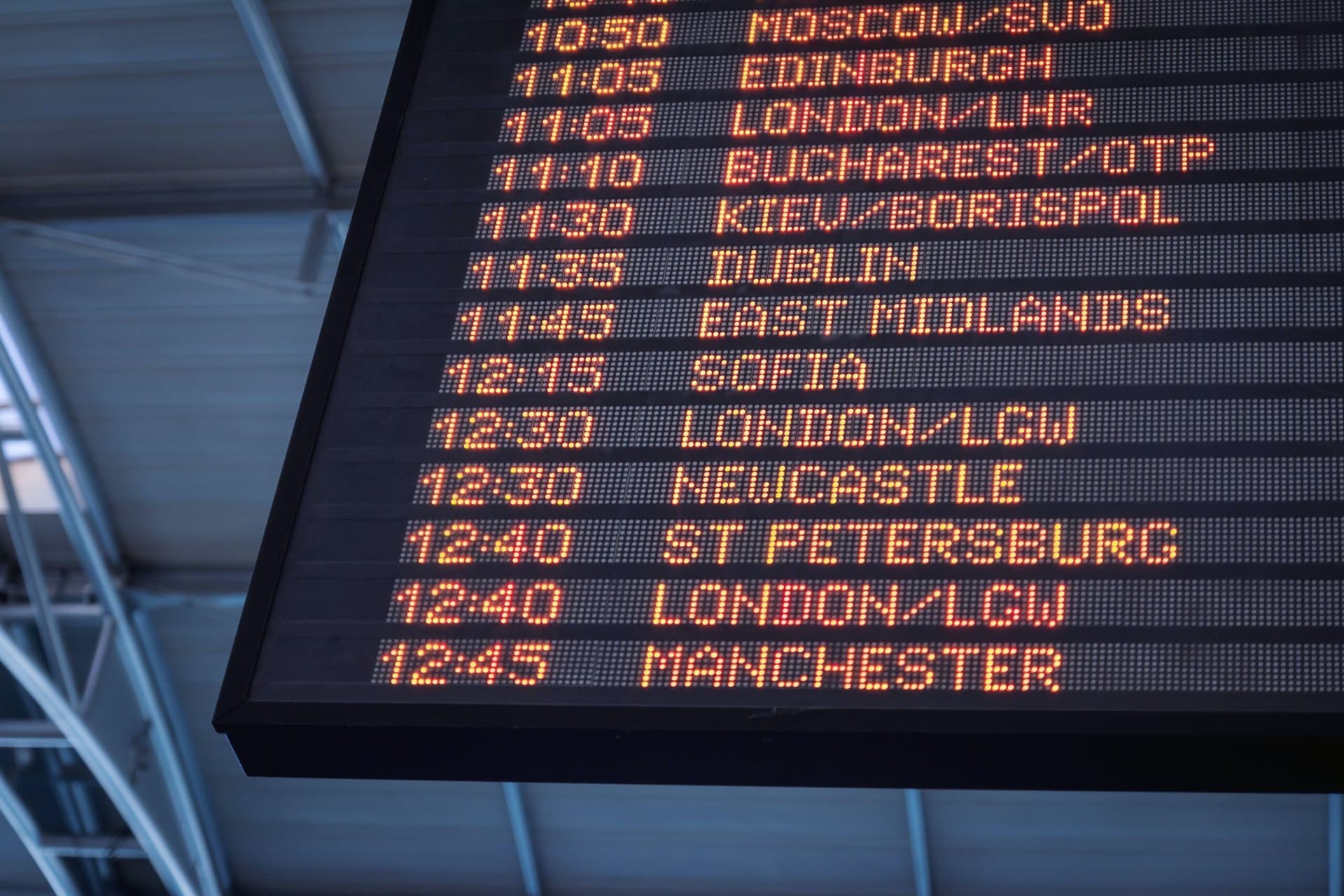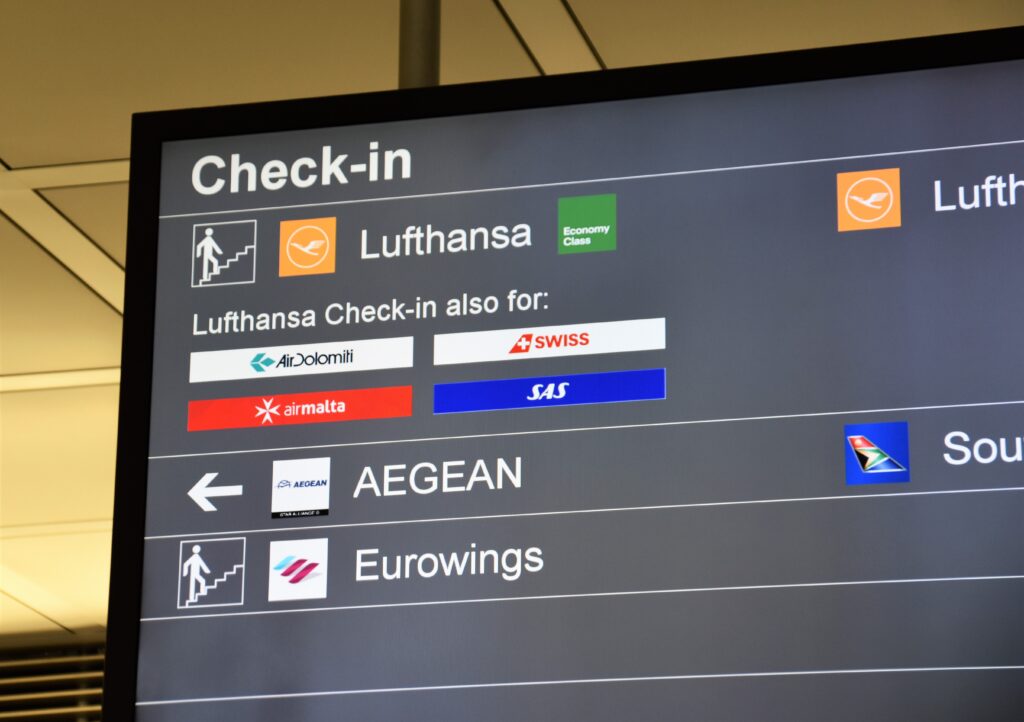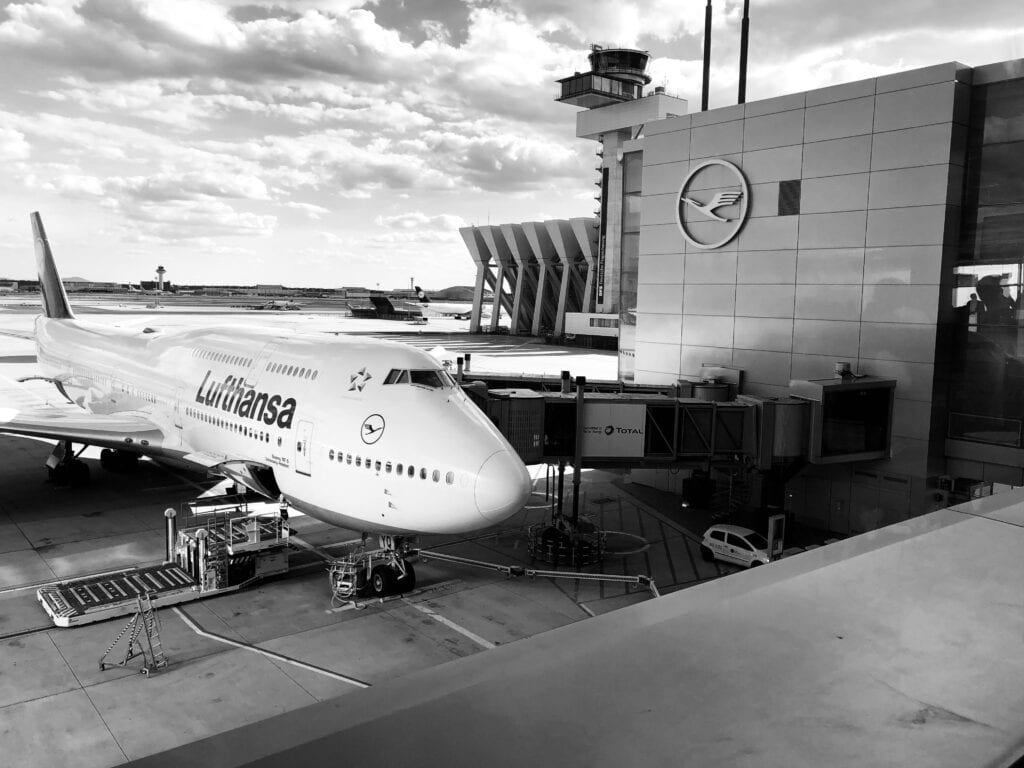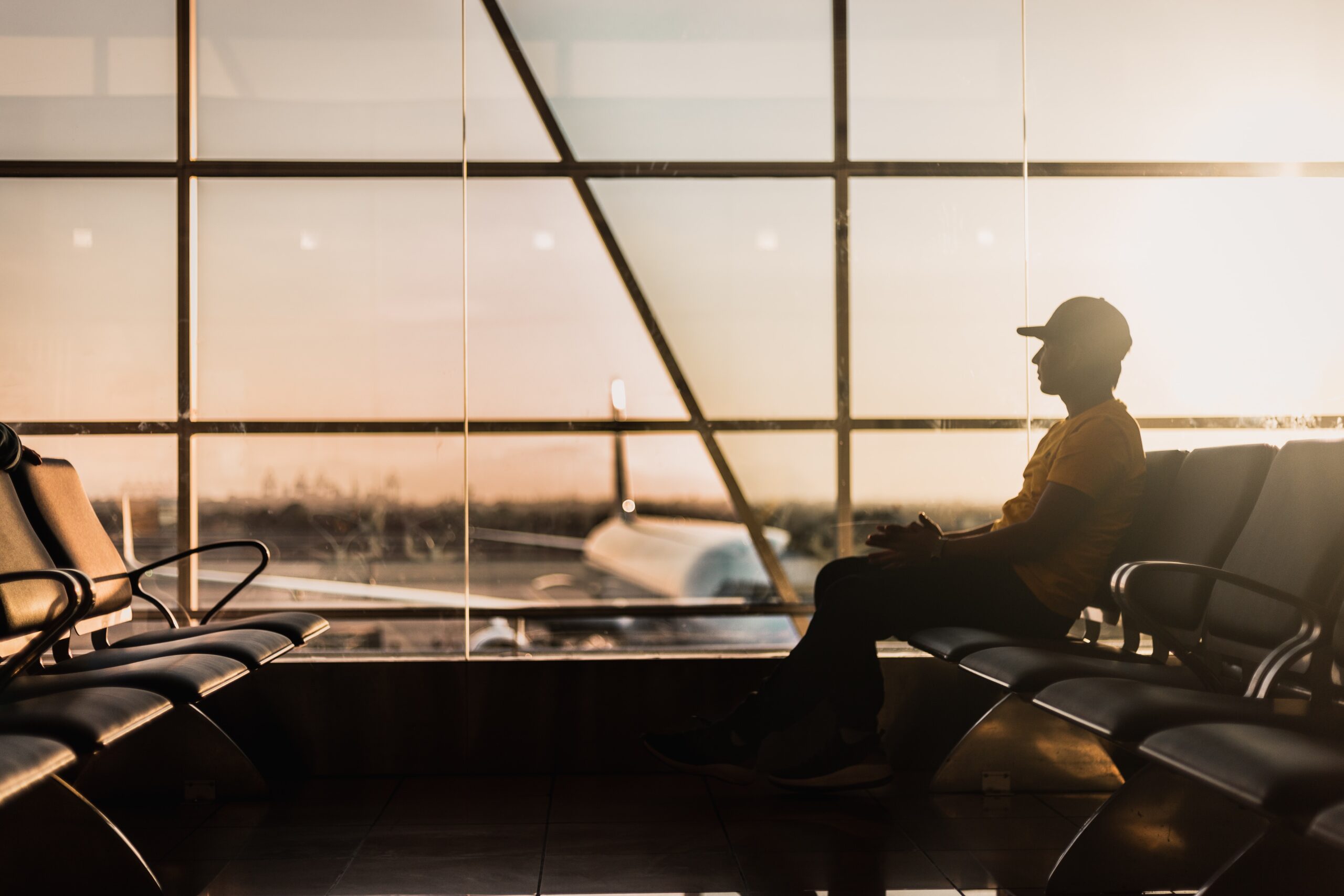Flying to Europe? The EU261 Ruling Offers Protections for Travelers
Amidst packed flights and frustrating delays, travelers on EU carriers can revel in a newfound sense of ease and assurance thanks to the EU261 ruling
by Lark Gould
July 31, 2023

Photo: Courtesy of Jetshoots.com / Unsplash
As Summer 2023 is well underway, it seems like we’re experiencing a repeat of Summer 2022. Passengers are boarding packed flights, and the departure screens are showing the all-too-familiar “delayed” and “canceled” notifications. However, those traveling on European airlines have reason to rejoice as things appear to be running smoothly. That’s because they are kindly and adequately protected by a flight delay protection ruling in European Union law known as EU261.
The powerful clause has several lines assuring passengers that in a defined set of flight delays and cancelations, their time and money will be compensated by the airlines.
EU261: How It Works
Say you are flying to Frankfurt from New York on Lufthansa, but the airline is missing some key crew members, and the flight takes off several hours later or the next day. Should that flight be on United Airlines, you would likely end up sleeping at the airport, wolfing down a fast-food sandwich, and hoping for the best. On the Lufthansa flight, you would probably be given meals and accommodations and likely be eligible to collect compensation for your troubles through EU261.

Photo: Courtesy of Waldemar / Unsplash
No U.S. federal law requires airlines to pay passengers money or other types of compensation when their flights are delayed or canceled since each domestic airline is responsible for carrying out its own set of rules. Even in the best-case situation, a U.S.-based airline is unlikely to refund the full cost of your ticket if something goes wrong with your flight. Instead, they might give you credit for meals, a night of lodging, or a voucher for a future trip within a year.
But suppose you are departing from or traveling on a flight operated by an EU-flagged airline. In that case, you are insured by EU261, which protects travelers who have encountered a flight delay or cancellation or have been denied boarding due to overbooking. Under this law, the airline may pay up to $700 in compensation if your journey qualifies.
When checking in for the flight, a person covered under this law must have a confirmed airline ticket from a covered carrier, not a non-revenue ticket or a specially priced cheap ticket that might not be part of the airline’s published inventory. However, an award ticket earned through the airline’s frequent flyer program is covered by EU261.
EU261 Flight Qualifications at a Glance:
- Flights within the European Union
- Flights between the EU to destinations outside the EU
- Flights from outside the EU to the EU
- Connecting flights at U.S. airports conducted by EU airlines and partner airlines in the U.S.
In the U.S., if a European carrier issued the ticket and booked it on a single itinerary ticket, all domestic flights in the United States are eligible for compensation under EU 261.
Thus, no compensation will be granted when a U.S. flag carrier such as United is delayed from leaving New York and going to Frankfurt. However, suppose a UAL flight is significantly delayed taking off from Frankfurt and arrives late in New York (and thereby causing missed connections for many passengers). In that case, those flyers are protected under EU law.

Photo: Lufthansa Boeing 747-8 at Franfurt Airport. Courtesy of Alessandro Stigliani / Unsplash
In this way, the EU offers flight delay protection, whereas the U.S. does not. Any flight through, to, or within the European Union is protected by EU 261, whether you’re traveling with United or another American or European airline.
Compensation amounts will depend on the flight distance and the length of the delay past the initially planned arrival. A minimum three-hour arrival delay is required for the benefits to launch. If that delay is only felt at the airport of departure, some food and beverage compensation is required from the airline. As for distances:
- €250 ($267) per passenger for 1,500 kilometers (932 miles) or less
- €400 ($427) per passenger for more than 1,500 kilometers within the EU and all other flights between 1,500-3,500 kilometers (932-1,864 miles)
- €600 ($641) per passenger for 3,500 kilometers (2,175 miles) or more
EU261: Filing a Claim
Keep all vouchers and receipts, and know you do not have to accept a voucher from an airline. This is a choice, but you cannot wage a claim should you receive a trade.
The rule of thumb is to file as quickly as possible and start by contacting the airline directly, often done through an email or customer complaint page on their site. Usually, a carrier’s website has information on how to lodge a claim.

Photo: Courtesy of Glenn Carstens-Peters / Unsplash
They will require the relevant documents from the airline—a boarding pass, a letter detailing the problems with your journey, and the compensation you seek. Expect a response to your claim from the airline to take at least a few weeks or likely several months due to the volume of claims that airlines receive.
For outside help—often with a hefty commission attached—contact AirHelp, a company specializing in helping travelers recoup airline compensation. Other options are EUclaim and Flightright. Find the EU 261 Claim Form here. Read more about the EU 261 law here.




